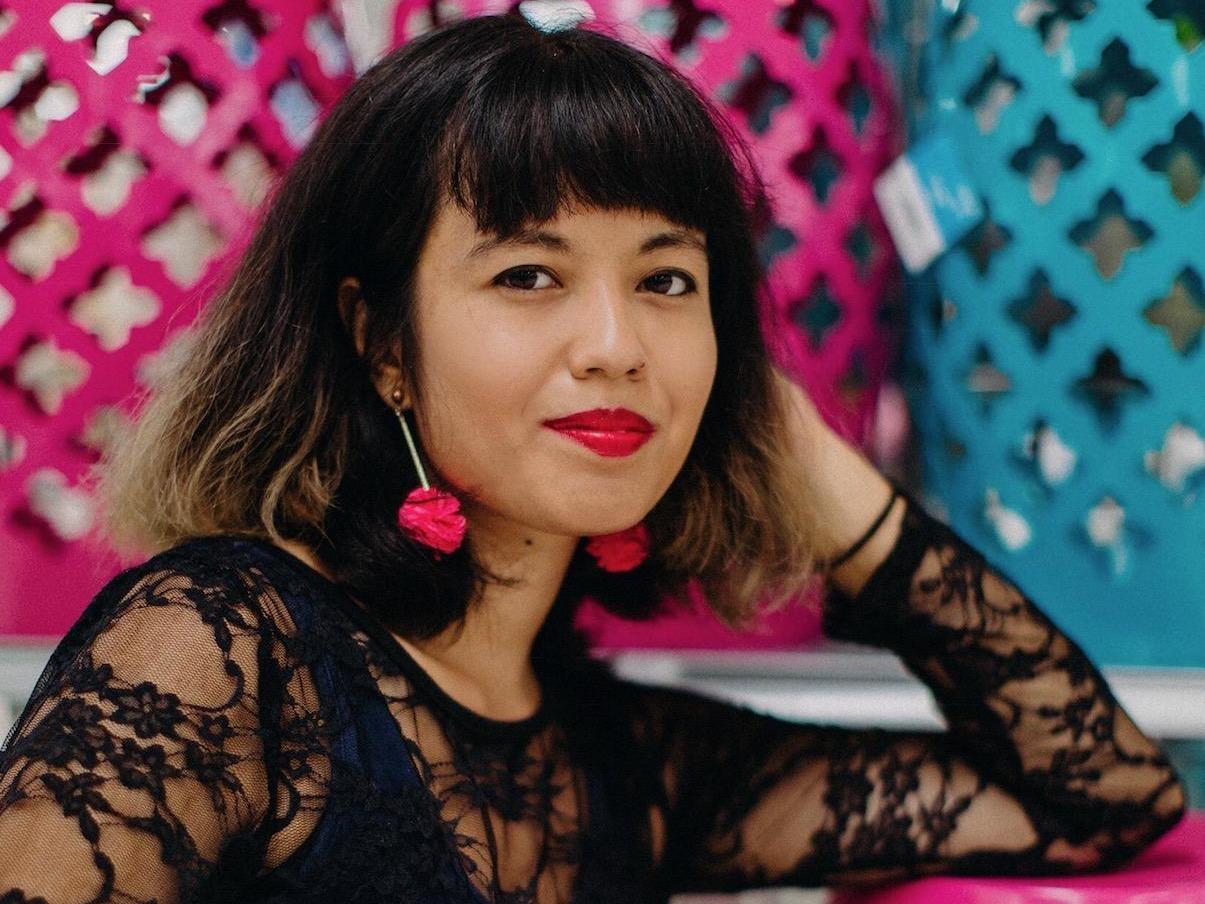For Jackie Wang, Dreaming Is Free
The poetry of Jackie Wang attempts to retrieve dreams from the ideology of personal success, instead setting them against ‘carceral capitalism’.

Wang's newest poetry book, The Sunflower Cast A Spell To Save Us From The Void, was published earlier this year by Nightboat Books. (Image credit: Nightboat Books)
Capitalism itself has come to depend on incarceration. Policing, border regimes, and a punitive state to enforce financialisation via debt are embedded in the current mode of neoliberal value extraction. The poet and abolitionist scholar Jackie Wang calls this ‘carceral capitalism’.
The new super-prisons in the US and UK are cities which lie alongside their host towns, nightmare versions of the everyday. Jackie Wang takes the dichotomy of dreams and runs it through both her essays and poetry. In her essay collection of the same name, published by Semiotext(e) in 2016, she interlaces poetry with reflections on what might be called the abolitionist imagination. Wang relates how Assata Shakur was visited in prison by her mother and grandmother, the latter known for her prophetic statements. ‘You’re coming home soon,’ she said. Combining this question of the prophetic with a dialectic of dreams, a further quote from Shakur’s autobiography activates the project: ‘Dreams and reality are opposites. Action synthesizes them.’
Her newest poetry book, The Sunflower Cast A Spell To Save Us From The Void, published earlier this year by Nightboat Books, is the fullest fusing yet of dreaming’s emancipatory but emergent sense. Dreams need to be reclaimed. The task for a project such as Wang’s is to concretise and collectivise them—and break down the gap between private sleep and publicly shared dreams of change. ‘Following your dream’ has become central to the subjectivities which capitalism cultivates, and it splits into a moralistic duality. Good dreams are the selfhood and status which is your destination. Bad dreaming is idleness, low productivity, and an inability to help labour reproduce itself. This net named ‘dreams’ is a triumph for the language of capitalist control.
To counter it, a wilder and more fleeting kind of dreaming is taken up by Wang. ‘Once we did it on a cow with giant udders. This time you had a penis and I was covered in rust’, reads the poem ‘Fucking on the Cow’ from The Sunflower Cast A Spell. Wang’s dreams often feature friends, comrades, or family (including her incarcerated brother). They’re attempts to record what it is like to dream with others. As such, Wang’s dream practice encourages readers to experience dreams as entry points to collective futures, spilling into and fortifying the waking dreams of political hopes. They do not figure as the residue or by-product of everyday life, nor as a symbolic key. And somewhere within these surreal turns is a dream of freedom.
In The Sunflower Cast A Spell, Wang reflects: ‘In my talk on revolutionary loneliness I reminded the audience that how we choose to interpret life and death is not neutral; interpretation itself is always strategic. Some interpretations are more politically and personally enabling than others. I think of this when I write my dreams down in the morning.’ Interpretations—like the dreams themselves—are historically situated.
Wang forms her own dreams into poems while situating dreaming as a part of social life, with a history, and an untapped potential. She is trying to return dreams to their material indices. There is also a kind of bleak desperation within an appeal to the promise of dreaming with others—that solidarity is pushed so far back, and down, it is only in sleep that it can be summoned back; that only in dreams lies a real which is more than the reality of capitalism. ‘The Vernacular Of Our Bodies’ comments on the persistence of finding shared language in the nights of dream and intimacy: ‘But still I persist with our language, and on some nights you understand. You turn to face me. You are with me inside it.’
Connecting sleep with action, poetry becomes a way of trying to increase the urgency of desire for a changed future in order to match the growing speed of carceral capitalism’s technology adoption and expansion. In her collection Tiny Spelunker of the Oneiro-Womb, published in 2016 by Capricious, there’s a reverse prophecy: ‘In my dream I am in a music store with my little brother and suddenly he is arrested for no reason… An unsettling feeling covers everything’.
The ‘everything’ here touches on another of Wang’s dreams: the possibility for communism in a reworking of ‘oceanic feeling’. The oneness of solidarity against carceral capitalism would contain the truly unpredictable and concrete against algorithmic governance via machine learning used by the police to reinforce profit led, racist outcomes. One page of Tiny Spelunker simply reads ‘Dream tweet to jam the algorithms.’ It could also be a rallying cry.